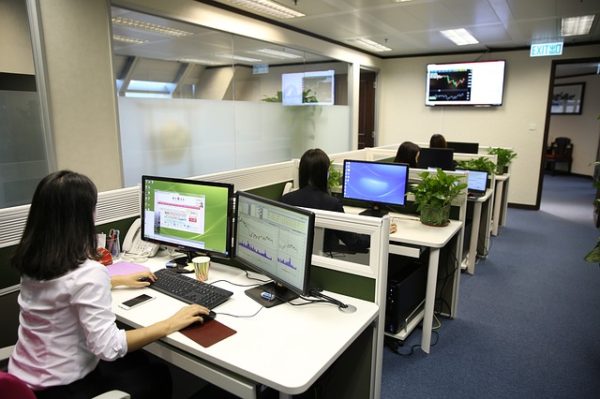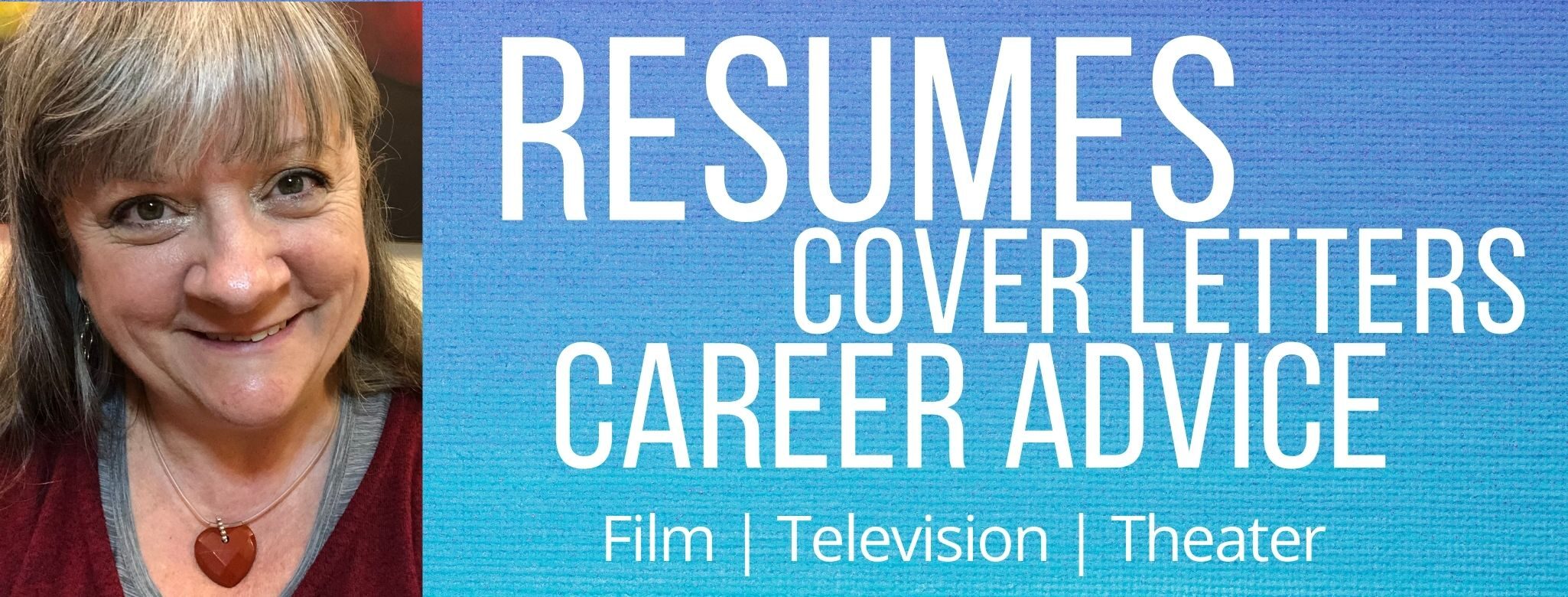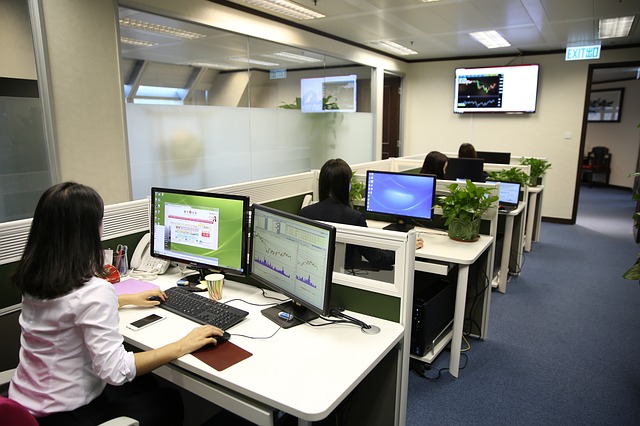
One way that a lot of people working freelance production gigs fill their time between jobs is by temping, usually via one of the agencies that fill these spots. I’ve done it myself back in the day, certainly before there was much telecommuting going on.
For me temping was a positive experience. I was sent to Studio offices a lot, to fill in for an office assistant who was either vacationing or off sick. Often the boss was not in either, and my purpose was simply to have a voice on the phone if someone called. I think once I was asked to book a limo, and that was easy because the executive gave me the name of the company to use. The other part of the job was getting coffee or bottled water, and taking messages.
Once I was assigned to a small office and spent the day doing data entry figures on a spreadsheet. The biggest challenge there was understanding the job holder’s handwriting that made every 5 look an S, or an 8 – or vice versa. I still don’t know if I got it right, as it was a one-day only job. The boss in that case was fully aware of the problem.
The positives of temping are:
- Flexibility – usually you get to define your availability within the company guidelines.
- Often you have the opportunity to read scripts. I have even been asked for my opinion (which is not the same a “providing coverage” but still it was fun.)
- Usually it is very easy work, even when it is dull. Sometimes it is a chance to catch up on your own work or reading. Truly they are unlikely to trust you with anything important.
- You get to see the grinding wheels of the industry lumbering along at these relatively high levels.
- It is an opportunity to meet a few people – other administrative assistants, and sometimes hear about and be invited to go to events, like screenings.
- It’s a paycheck, and if you do well, you can be asked back.
There are some negatives:
- If you are assigned to a longer term gig, and something else you want comes up, you are in a pickle. Whatever you do, you mustn’t get a reputation for being flaky. The answer is to be really clear about the kind of jobs you will take on.
- It’s not really a great path to crew gigs or contacts. You aren’t usually working in a place where your colleagues are production workers themselves or are actively involved with the on-the-ground work of filmmaking. On the other hand, if you are looking for some experience that could be helpful for getting a job in a studio, in development, acquisitions or marketing, or other administrative work like agency work, then it might be helpful.
- Every minute you spend doing this work, is a minute you are not spending on your wider career plan.
- You will have to maintain a business wardrobe of varying levels of casual or formal, which may not be your thing.
For me, at the time, the pros outweighed the cons. Joining a temp agency was the first time someone worked with me on my office style resume and helped me know how to put every useful skill down. Plus, I got to be speed tested for typing and find out how much faster I was at that than I thought. (Writing screenplays is great practice for typing.) I didn’t do it for long, but at least twice I was asked if I wanted to consider a permanent placement.
So do be cautious. If you turn out to be good at this kind of job, you could find yourself accidentally working in a whole other area of the business. Keep your true goals in mind.

